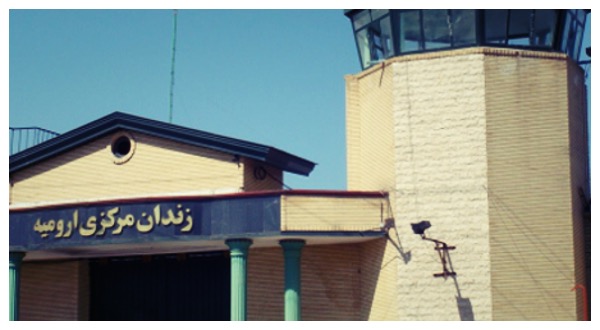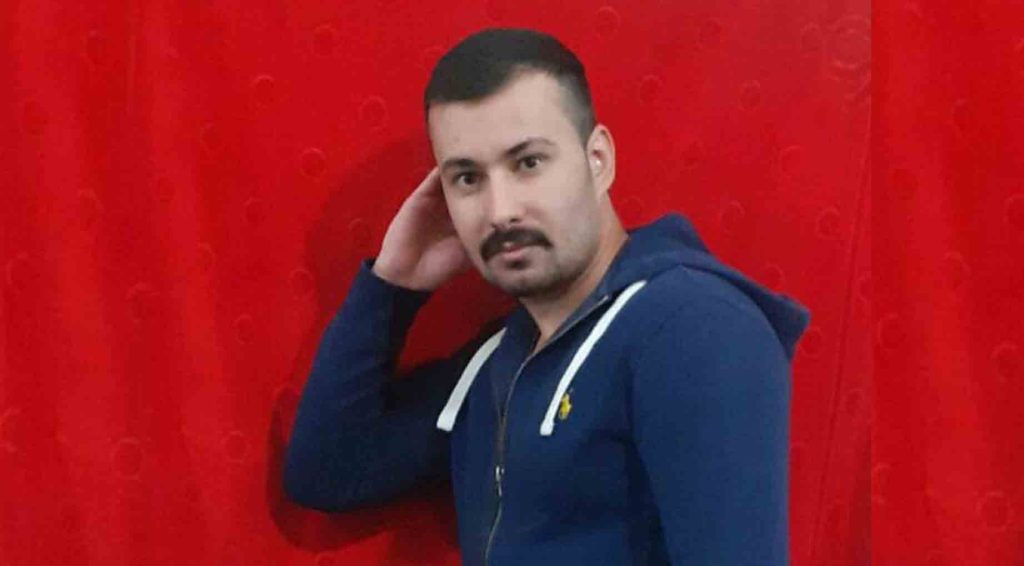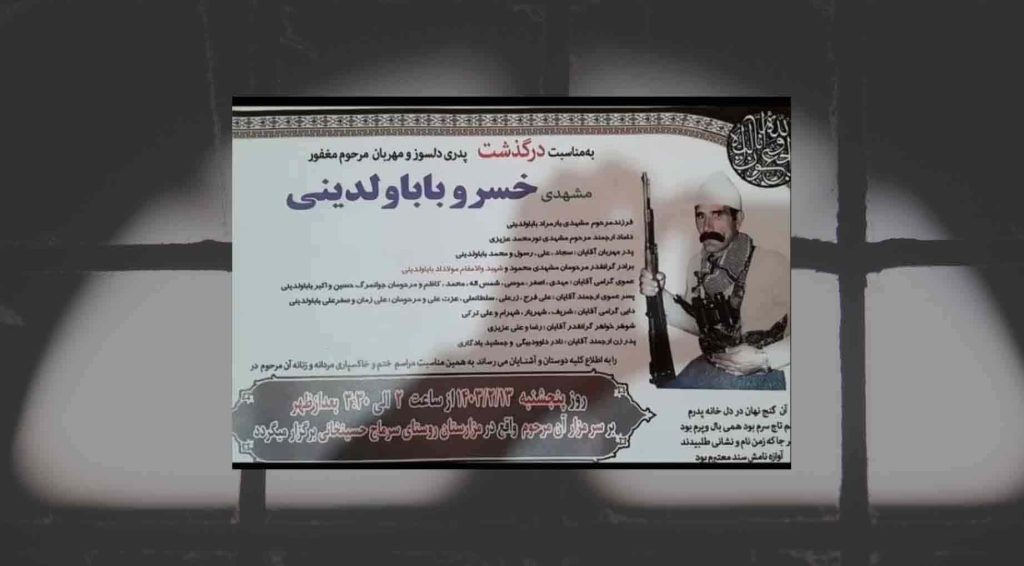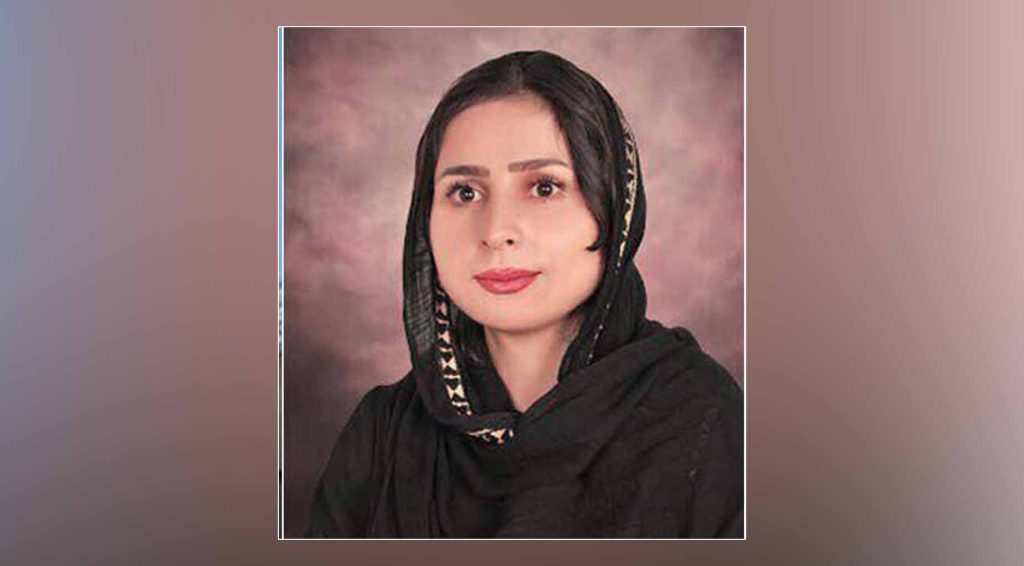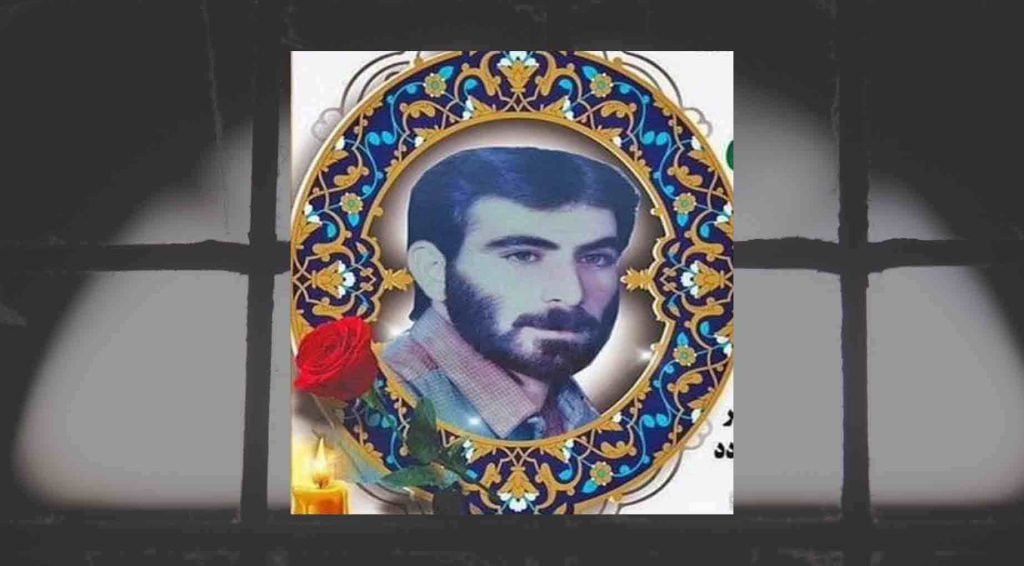Siamak Ashrafi, a Kurdish political prisoner detained at the youth ward of Orumiyeh Central Prison, sewed his lips. This political prisoner has been on hunger strike since Thursday, Nov 23, 2017, in protest to the refusal of authorities to transfer him to the political ward.
“On Tuesday, Nov 28, 2017, the political prisoner sewed his lips on the sixth day of his hunger strike and announced that he had gone on hunger strike due to the lack of accountability of the authorities in the prison of Orumiyeh,” An informed source told Kurdistan Human Rights Network (KHRN).
“Instead of fulfilling the legal request of this political prisoner, the prison authorities have threatened transfer him to solitary confinement if he continues his hunger strike,” the source added.
“With the orders of the prison authorities, this political prisoner has been deprived of the right to visit and contact his family”, the source said.
“This is the second time that the political prisoner has gone on hunger strike since the beginning of the year in protest to being kept among the Ordinary Crimes prisoners. Earlier this month, he was on hunger strike for four days. While the prison authorities had promised him his transfer to the political section, they have transferred him to the military ward”., the source said.
“On Wednesday, October 18, the Kurdish political prisoner was transferred to ward 1 of psychotherapy where a group of about 40 prisoners of Dangerous Crimes severely beat up him and four other legal-political prisoners. After being beaten up by prisoners of dangerous crimes who had been provoked by prison authorities, Simak Ashraf was later transferred to ward 13(youth ward)”., the source added.
Siamak Ashrafi was sentenced to 3 years of imprisonment by Judge Sheikhlou at Orumiyeh Revolutionary Court (branch 2) on charges of cooperating with the Kurdish parties. Siamak Ashrafi has been in jail since a year ago.
Orumiyeh Central Prison has the highest number of Kurdish political prisoners in Iran, and the Special Intelligence Office of this prison is putting increasing pressure on these prisoners. The majority of new political prisoners have been transferred to the Ward of Non-Political Prisoners. Such treatment has led to widespread protests by political prisoners.
According to KHRN, there are currently at least 30 political prisoners held at various wards of this prison among inmates of perilous offences and their requests for transfer to section 12 (Ward of the Political Prisoners) remain unanswered.

